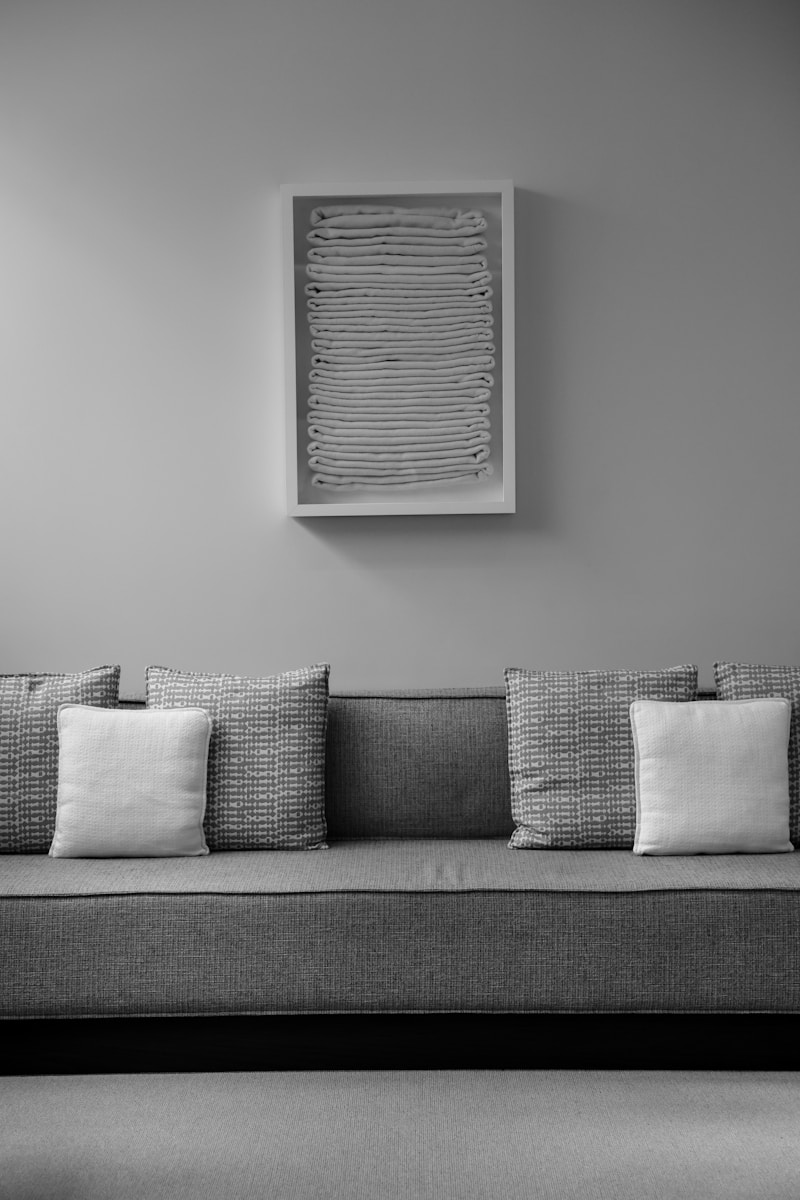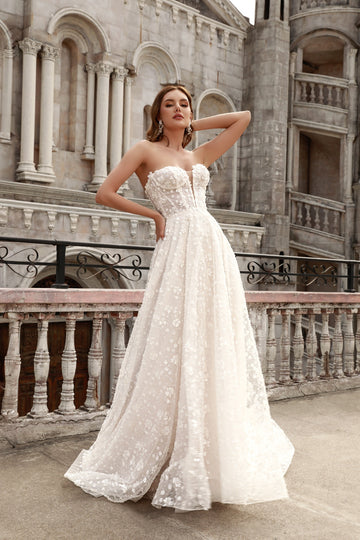Embracing Minimalist Designs for Effortless Elegance
Embracing Minimalist Designs for Effortless Elegance
In today's fast-paced world, the concept of minimalism has gained immense popularity, especially in design. The phrase "Minimalist Designs for Effortless Elegance" resonates with many who seek simplicity, functionality, and beauty in their spaces and products. This article explores the essence of minimalist design, its benefits, and practical tips on how to incorporate it into various aspects of life, from home decor to fashion.
What is Minimalist Design?
Minimalist design refers to a style that emphasizes simplicity by reducing items to their fundamental features. It advocates the idea that less is more, allowing for uncluttered, functional, and aesthetically pleasing spaces or products. This approach stems from various artistic movements, including Bauhaus and Le Corbusier, which focus on reducing elements to their essential forms.
The Core Principles of Minimalist Design
| Principle | Description |
| Functionality | Every element must serve a purpose. |
| Simplicity | Clarity and straightforwardness are prioritized. |
| Quality over Quantity | Fewer, high-quality items are preferred over many low-quality ones. |
| Natural Light | Emphasizing openness and airflow enhances space. |
| Neutral Colors | Using a subdued color palette creates a calming environment. |
Benefits of Minimalist Design
Choosing minimalist designs can be transformative. Here are some key benefits:
- Reduced Stress: A clutter-free environment can lead to a clearer mind, helping reduce anxiety and stress.
- Increased Focus: Minimalism fosters a space that encourages concentration and creativity, freeing individuals from distractions.
- Eco-Friendly: Minimalist design often promotes sustainability by encouraging thoughtful purchases and reducing waste.
- Timelessness: Minimalist styles rarely go out of fashion, making it a wise investment. A minimalist piece can retain its elegance and utility for years.

Applying Minimalist Designs in Home Decor
Transforming your home into a minimalist sanctuary involves a few practical steps. Here's how you can infuse effortless elegance into your living space:
1. Declutter Your Space
Start by removing unnecessary items. Evaluate what you truly need and cherish, and let go of the rest. Consider utilizing storage solutions that keep items out of sight but easily accessible.
2. Embrace Neutral Tones
Adopt a color palette that consists of whites, greys, and muted tones. This not only enhances the sense of space but also provides a canvas that is easy to adapt with accessories when needed.
3. Choose Quality over Quantity
Invest in fewer but higher-quality pieces. A well-crafted chair or a stunning art piece can become a focal point in a room and tells a story of elegance and grace.
4. Incorporate Natural Materials
Use materials such as wood, stone, and linen, which bring warmth and texture while maintaining the minimalist aesthetic. These elements connect you to nature, fostering a sense of tranquility.
Minimalist Fashion: A Lifestyle Choice
Minimalism extends beyond interior design; it has influenced the world of fashion as well. Minimalist fashion focuses on clean lines, neutral colors, and versatile pieces that can be mixed and matched.
1. Build a Capsule Wardrobe
Create a core collection of clothing items that can be easily combined to produce various looks. This minimizes decision fatigue and emphasizes quality and fit over quantity.
2. Invest in Essential Accessories
Choose accessories that complement your outfits without overwhelming them. A classic watch or a simple leather bag can accentuate your style while maintaining a minimalist approach.
3. Focus on Fit and Fabric
Quality fabrics and proper fit are essential in minimalist fashion. Look for items that are comfortable but also enhance your natural shape.
Minimalism in Digital Design
The digital age has also embraced minimalist design principles. Websites and applications that adhere to minimalist guidelines improve user experience and engagement by avoiding clutter and focusing on core functions.
1. Clean Layouts
Utilize white space effectively to give users a sense of spaciousness. This makes it easier for them to navigate through the information presented.
2. Intuitive Navigation
Ensure that the navigation is straightforward. Users should effortlessly find their way around your site without unnecessary distractions.
3. Limit Color and Font Use
Stick to a few colors and fonts that align with your brand identity. This not only enhances readability but also improves aesthetic appeal.
Modern Minimalism: A Global Trend
Minimalism is more than just a design choice; it's a lifestyle trend that has global implications. From Japan's Zen aesthetics to Scandinavian designs, various cultures have embraced minimalist principles that influence how we perceive beauty and functionality.
1. Japanese Zen Philosophy
In Japan, minimalism is often associated with Zen Buddhism, which values simplicity and the beauty of imperfection. Traditional Japanese homes reflect this through open layouts and natural materials.
2. Scandinavian Simplicity
Scandinavian design champions minimalism with its emphasis on clean lines, functionality, and connection to nature. This has become an iconic representation of modern elegance and comfort.
Conclusion: The Allure of Minimalist Designs
In conclusion, "Minimalist Designs for Effortless Elegance" represents a philosophy that transcends mere aesthetics. It embodies a way of living that prioritizes clarity, quality, and purpose across various aspects of life, from home and fashion to digital experiences. By embracing minimalism, individuals can create environments that not only look good but also promote well-being and peace of mind. Remember, the journey to minimalism is personal — take your time to explore and cultivate a style that truly resonates with you. Whether you’re decluttering your living space or refining your wardrobe, each step towards minimalism brings you closer to effortless elegance.
Tip: Start small. You don’t have to overhaul your entire life at once. Begin with one room or one aspect of your wardrobe and gradually expand your minimalist journey from there.
